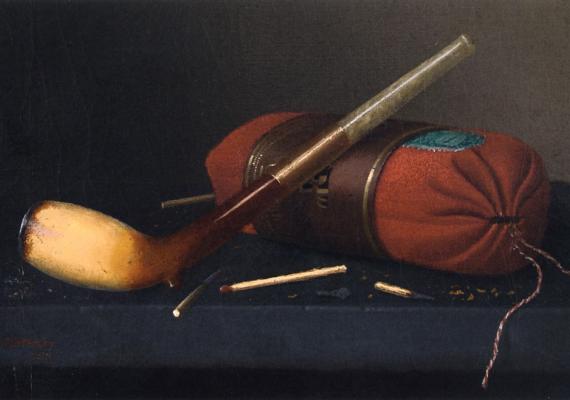In Search of Rashi's Tobacco Box

Dov Sadan, the first professor of Yiddish at the Hebrew University of Jerusalem, once analyzed a joke that ridiculed Leopold Zunz, the founder of the Wissenschaft des Judentums and prime mover of the scholarly study of Judaism. Sadan attributed this joke to the anti-maskilic Rabbi Ornstein, who was quoted saying: “if you wish to know what box of tobacco Rashi used, ask Leopold Zunz; if you wish to know Rashi’s commentary on the Torah, ask me.” This joke is telling as to how early Jewish scholarship was perceived by its opponents: its implicit message is that Rashi’s actual (everyday) life does not merit attention in comparison to his textual output, and its explicit message is that scholars of the Wissenschaft were doing Jewish studies in distorted ways.
The Gruss Colloquium on “Doing Wissenschaft” is the first attempt to examine broadly the practices that have characterized Jewish studies in the last two hundred years: collecting, the construction of arguments, the ways in which scholars made an impression, and the role of correspondence in their work. Such reflection presses us hard to think of what we have been doing well, but it also exposes us as never before. It is my opinion that scientific endeavors should afford risk-taking, since they hold promises to better understanding and eventually, I hope, will lead us to doing even better Jewish studies. Given the breadth of this topic—and since such questions have not yet been addressed directly or systematically in our field, an assembly of scholars who do Jewish studies under very different spatial and temporal circumstances is particularly important in framing diverse current challenges.
We may not have discovered Rashi’s tobacco box in this colloquium; after all, Sadan already pointed out that in Rashi’s time, Europeans did not yet have tobacco. However, we may shed light on what triggered the animosity of Rabbi Ornstein’s followers—the ways in which scholarship was conducted. Wissenschaft has served as a practical example to later scholars, with its method of setting texts like Rashi’s in context, historically or philologically. In scrutinizing the practices of Jewish studies, past and present, we push this tradition further to reflect on immediate contexts that do not always receive enough scholarly attention.
